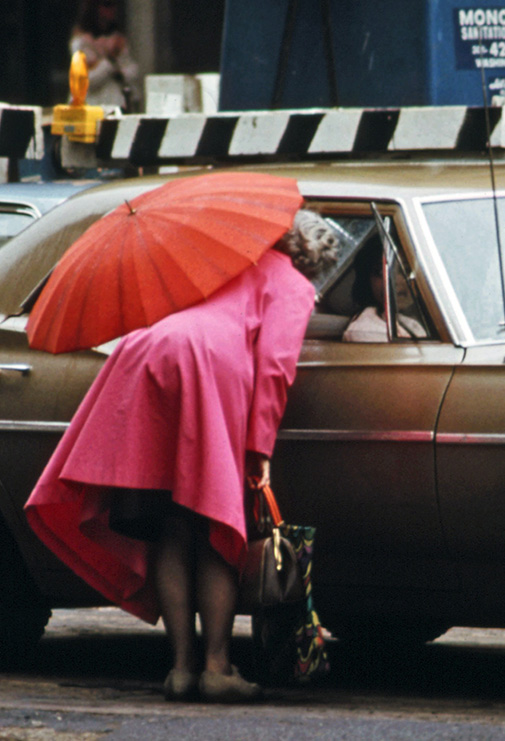- Vol. 10
- Chapter 09

To Be a Flower
Miriam Rose, known as Hyacinth, waved to the guards as she passed them on her way out of the temple after morning minyan. Though not particularly religious, she’d begun going to say Kaddish after her mother died, and then she just kept going. As always, she appeared as flowery as her name, dressed in bright colors of pink and red with an orange umbrella, though she always wore sensible grey shoes.
“To be ready for any emergency,” she said.
Hyacinth had been named for a grandmother she never knew, murdered like millions, in Poland during the war. But she so loved hyacinths, that it became the name she was called. Her friends and colleagues at the hospital sometimes noticed a faint floral scent in the air when she was around, but it was never overpowering or cloying, if anything it made them feel good. If Hyacinth perhaps internalized Emily Dickinson’s line “To be a flower, is profound Responsibility,” no one ever held that against her either. She simply was who she was, and somehow the world always seemed better for it.
As she walked home, she crossed a small street, where a woman called to her from a car.
“Please help,” she said. “My wife . . .” then struggling to find the English words, “baby is coming, phone is dead.” Hyacinth pulled out her own phone from the pocket of her large, multi-colored canvas bag and called emergency. She got into the car to see that the baby was indeed coming. Well, she had been a midwife for twenty years. She delivered the baby girl, and then her twin sister. When the ambulance arrived, mothers and children were well. She quietly slipped away before the women could properly thank her or even learn her name.
To Be a Flower
At the hospital, the mothers gazed at their twins. “Like little flowers,” one whispered. They named them Daisy and Lily, wanting to give them English names in honor of the woman who helped them.
